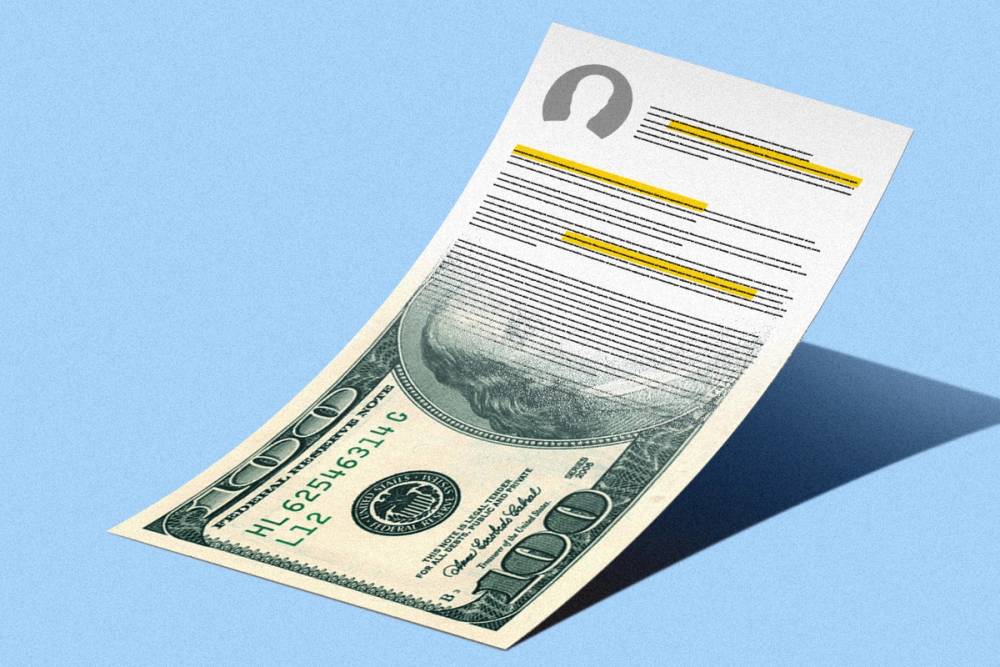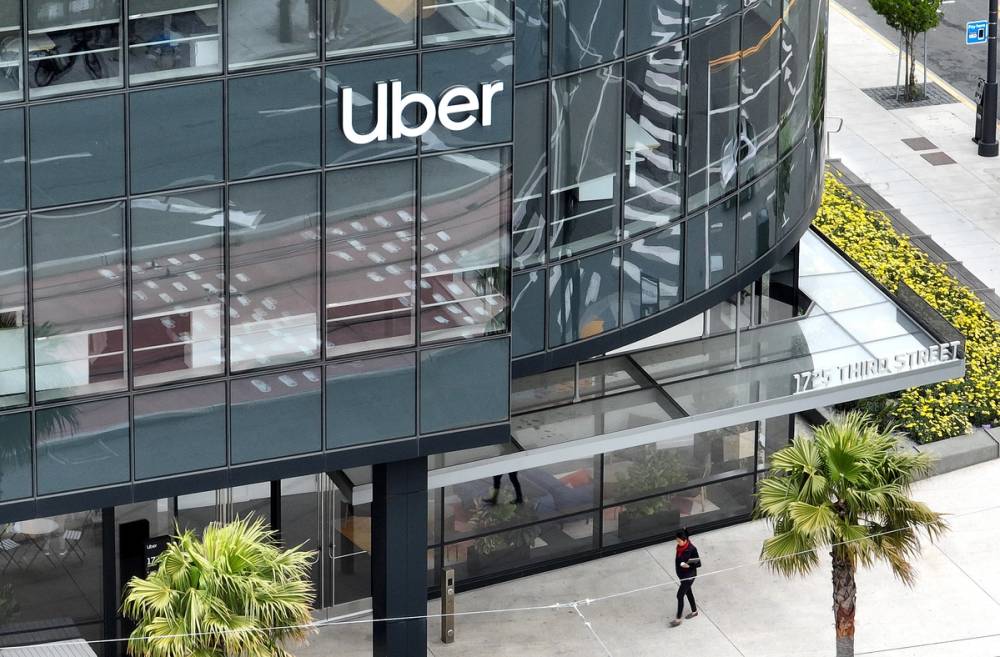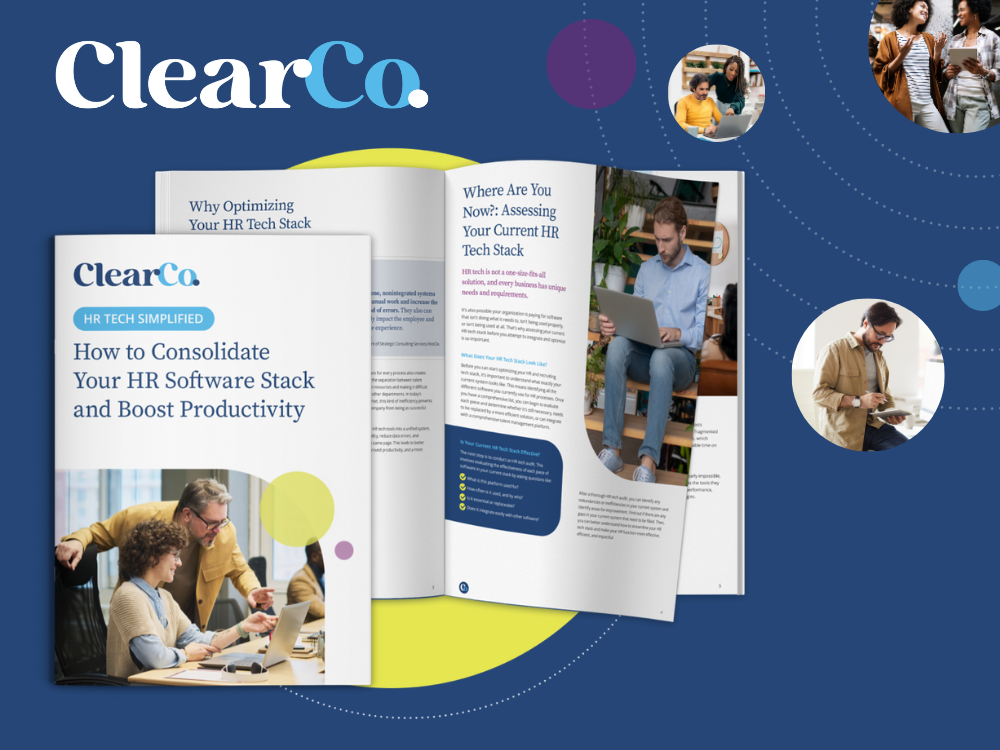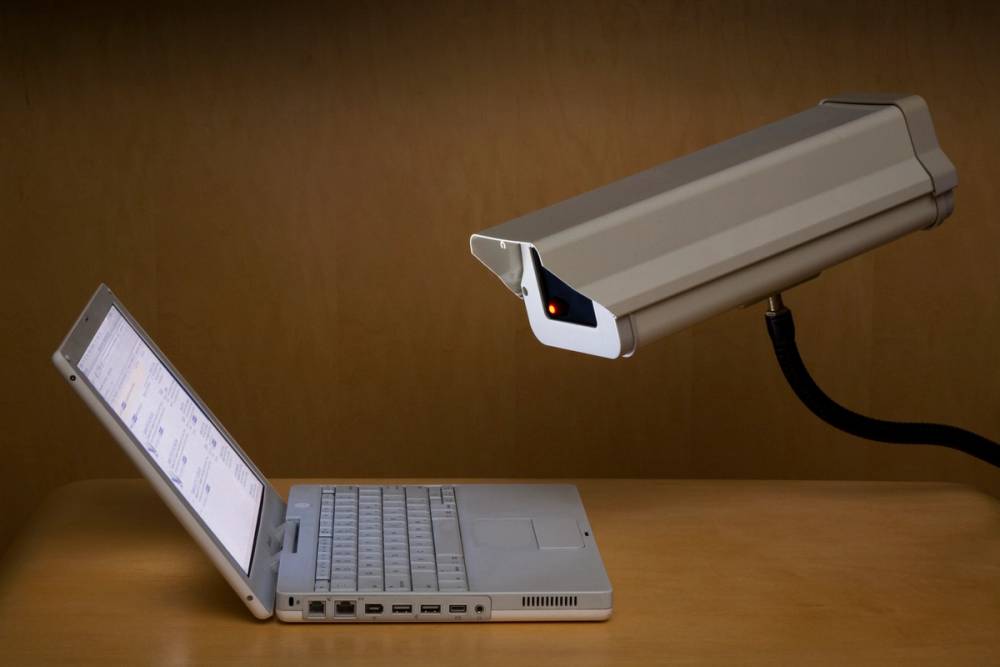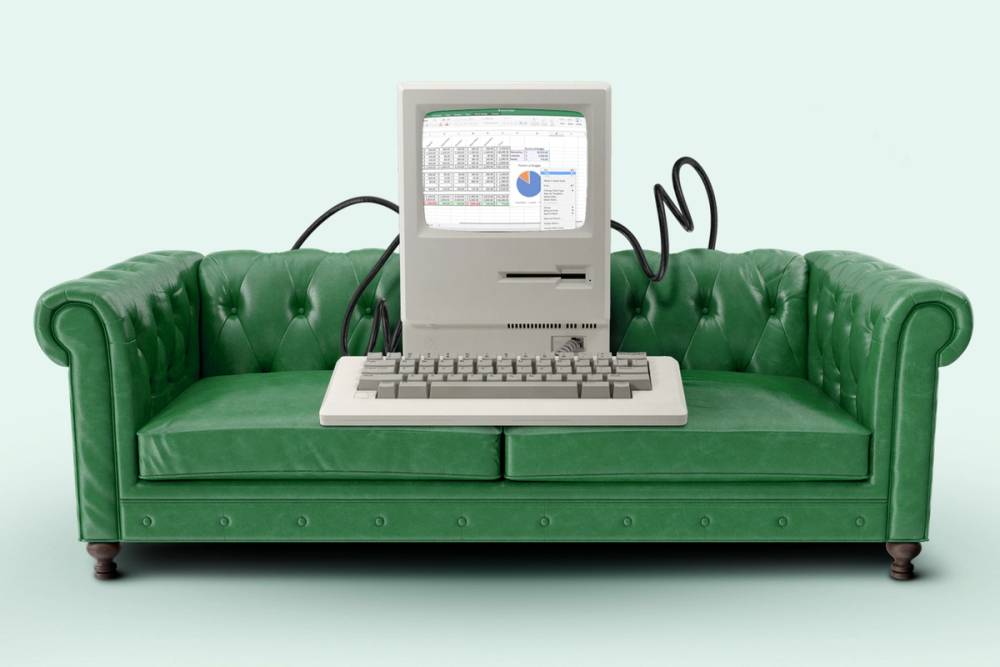Hello! Whether you’re working on Memorial Day or not, we hope you find some time to relax this weekend and, if you’re anything like us, enjoy the finale of your favorite prestige television program while trying not to freak out about the US maybe defaulting on its debt. 
In today’s edition:
 Costly indeed Costly indeed
 Release the Karen Release the Karen
 Eye on bossware Eye on bossware
|
|
Francis Scialabba
Indeed, one of the biggest job sites in the world, recently announced changes that could fundamentally change the way some companies approach hiring.
The company announced in October 2022 that it would start charging employers each time a candidate starts or submits a job application, rather than each time they click on a job posting. While per-application fees may be higher than per-click fees, Indeed says the new model will make the hiring process more efficient.
The transition from a pay-per-click to a pay-per-application pricing model, which was first rolled out among smaller employers, initially threw some businesses for a loop, as it resulted in higher than expected charges, and additional legwork on the side of hiring managers, according to the Wall Street Journal.
Raj Mukherjee, Indeed’s EVP and GM of employer product, admits the company is still ironing out kinks in the system. He told HR Brew he’s confident, however, that the pay-per-application model—or “pay for results,” as the company calls it—will deliver more value to HR and talent acquisition professionals in the long run.
Why is Indeed changing its pricing model? Keep reading.—CV
|
|
Justin Sullivan/Getty Images
Ride-sharing company Uber has been working to increase its diversity, equity, and inclusion initiatives since co-founder and CEO Travis Kalanick stepped down in 2017 amid allegations of gender discrimination and sexual harassment.
But the company recently faced backlash from its staff over “Don’t Call Me Karen,” a series of events focusing on “the spectrum of the American white woman’s experience,” according to the New York Times. The “Karen” persona refers to a meme that gained traction in 2020 and was used to describe entitled white women who harass people of color.
After Uber employees expressed concerns about the event, arguing it was insensitive to people of color, the company’s diversity chief, Bo Young Lee, was put on a leave of absence, according to the Times. Lee has been with the company since 2018.
The debacle highlights the importance of engaging in regular dialogue with employees and soliciting their feedback before spearheading efforts that could offend staff, according to DE&I professionals.
Keep reading.—CV
|
|
TOGETHER WITH CLEARCOMPANY
|
Pop quiz! Can you name every single HR software solution your team uses? If not, it might be time to streamline. The costs of clunky, siloed software are probably higher than you think.
According to Harvard Business Review, toggling between nonintegrated applications can cost each employee up to 4 hours per week in lost productivity. That adds up to nearly 200 hours wasted each year, or 5 full weeks of work. Five weeks!
Help your team make up for lost time with ClearCompany’s guide to optimizing your tech stack. It walks you through how to assess your current tech stack, solutions for simplifying your software, and ways to maximize and maintain your new system.
Simplify your software and download the free guide.
|
|
Thomas Jackson/Getty Images
When workers fire up their laptops and peruse the latest offerings of a Gap flash sale that’s landed in their inbox, it’s possible that someone else is watching from afar.
This isn’t a Rear Window scenario, but one that’s been made possible by “bossware,” or software that’s able to track and monitor the digital activity of employees. Use of bossware exploded during the pandemic, leading to a climate of “productivity theater” and a host of bizarre workarounds such as mouse jigglers.
We asked HR Brew readers whether or not they’re investing in software that tracks the activity of remote employees to ensure productivity doesn’t lag. Among respondents, 9% said they’ve considered it, 16% said they do, and 75% said that’s not their style
An audit looms? Bossware has become ubiquitous enough that the Equal Employment Opportunity Commission (EEOC) included it in guidance issued earlier this month. Agency chair Charlotte Burrows told the Associated Press that if the technology uses AI that’s deemed biased, employers could violate workplace discrimination laws, and urged employers to audit their systems.
“I’m not shy about using our enforcement authority when it’s necessary,” she told the publication. “We want to work with employers, but there’s certainly no exemption to the civil rights laws because you engage in discrimination some high-tech way.”
ReTENSEion. Using bossware to stymie slacking doesn’t sit well with workers: One survey conducted by Morning Consult queried 750 workers and found that at least one in two tech employees would not accept a job at a company that surveilled them.
Though it leaves a sour taste for workers and could possibly dent retention, bossware may be somewhat inescapable for employees who work for big companies. JS Nelson, an associate professor at Villanova Law, told IT Brew last year: “Almost everybody who’s working for a company of over 500…should expect that they’re being surveilled.”—SB
|
|
Today’s top HR reads.
Stat: Vacancy rates in downtown Los Angeles office buildings reached a record 30% as remote work remains a favorable option for companies and employees. (Bloomberg)
Quote: “[The presence of foreigners] primarily affects the economic livelihood of the regular person here…Costs are rising because these people are spending a lot of money here, since they think everything is cheap.”—Arturo Mares, a clerk at a furniture store in Medellín, Colombia, talking about the influx of digital nomads who have sent shockwaves through the local economy (Rest of World)
Read: Pandemic fears are abating, which means corporate relocation budgets are expected to rise this year. (WorkLife)
Skip the sales call: See the talent management system beloved by HR teams. Join a live product walk-through to learn how ClearCompany can help you solve your biggest HR challenges and maximize talent. Register here.*
*This is sponsored advertising content.
|
|
-
Earnings forecasts are more often wrong than right.
-
US economic growth in the first quarter was faster than initial reports had estimated.
-
Service workers are still struggling from pandemic staffing shortages and burnout.
|
|
Catch up on the top HR Brew stories from the recent past:
|
|
|


